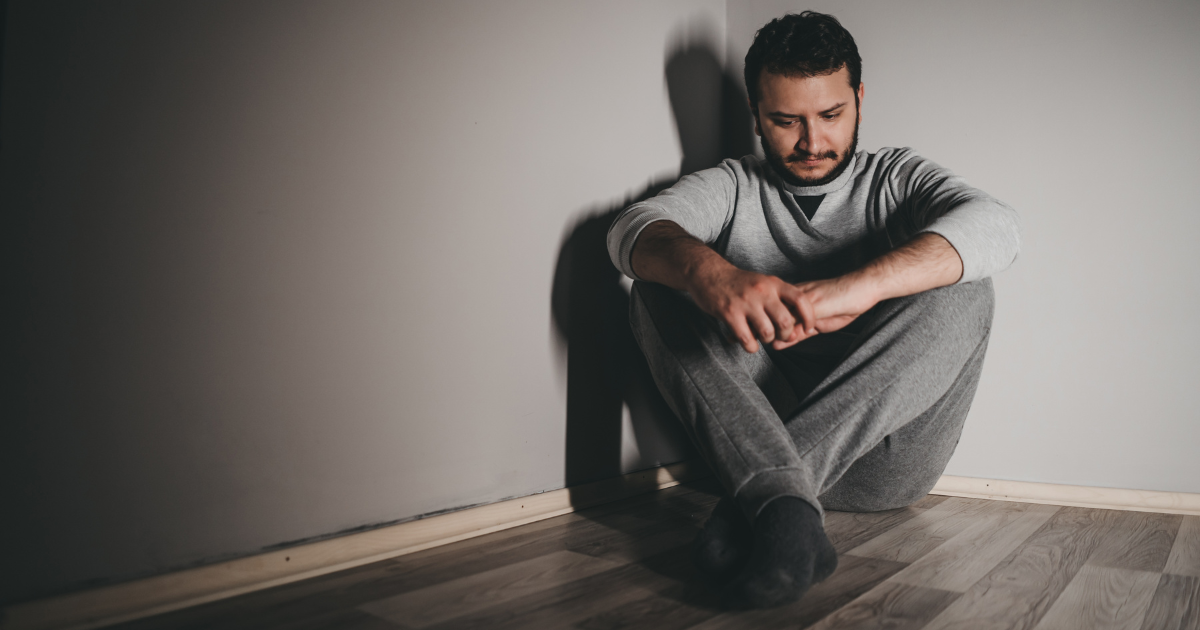Have you noticed that the men in your life avoid asking for help? My blog post talks about the reasons for this and what we can do to help.
Understanding the barriers to male mental health support
Men face a higher risk of disease, injury and early death than women, yet they are often the least likely to seek help for health-related concerns. Mental health is no exception. Research shows that young men, particularly those from minority backgrounds, are among the least likely to reach out for support.
According to data from the National Health Interview Survey, 9% of men surveyed experienced daily symptoms of anxiety or depression. Of those, only one in three took medication, and just one in four had spoken to a medical professional.
So why is it that so many men delay or avoid asking for help?
Why Men Avoid Seeking Help
Some of the reasons are cultural, social or rooted in long-standing beliefs about masculinity. The idea of self-care is often associated with femininity, which may make it seem less acceptable to men. Activities like taking a day off, practising relaxation or even going to therapy may be seen as signs of weakness rather than smart self-management.
Many men are also taught to endure hardship. From physical pain to emotional struggles, there can be an expectation that problems should be tolerated or worked through in silence. Seeking support might be misunderstood as a lack of resilience, when in fact it takes strength to admit when something feels too much.
The Weight of Modern Pressures
Modern life places huge demands on many men. Productivity and financial success are often linked to a sense of self-worth. This can lead to long working hours, high stress, poor sleep and limited space for reflection or emotional connection.
When coping mechanisms are unhealthy, such as overworking, skipping meals, drinking more than usual or withdrawing socially, these patterns can become difficult to break. The result is a build-up of pressure with very little emotional relief.
Things Are Starting to Change
There are signs of progress. Public figures including Hugh Jackman, Roman Kemp and international footballers like Andres Iniesta, Jesse Lingard and Gigi Buffon have spoken openly about their own mental health struggles. These conversations help to normalise seeking support, and show that vulnerability is human, not a weakness.
Self-care is important for all of us. It supports not just physical health, but emotional and spiritual wellbeing too. Talking to someone, making time to slow down, or learning how to manage anxious thoughts are all valid and valuable ways to take care of ourselves.
What Can Help
If you are finding it hard to cope, you are not alone. Many men feel this way but have not yet found the right support. Speaking to a medical professional can be an important first step.
In solution-focused hypnotherapy, I work with men from many different backgrounds who are looking to feel more calm, confident and in control. Sessions focus on what is working, what matters to you and how small steps forward can build strength from within.
Whether you are feeling overwhelmed, burnt out or simply not yourself, it is okay to ask for help. Talking about it is not a weakness. It is a turning point.

